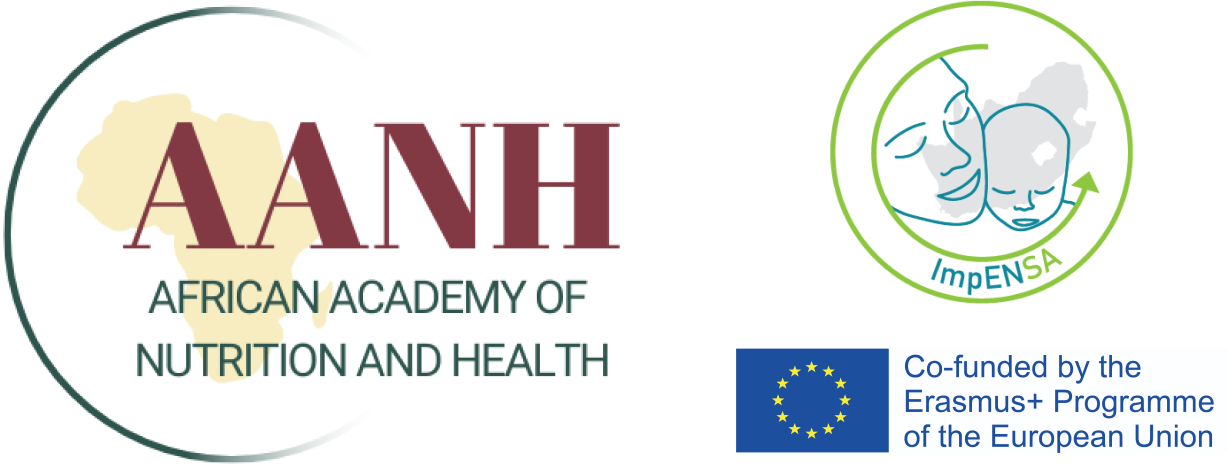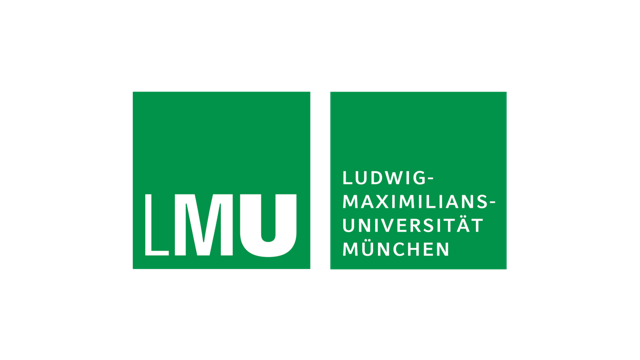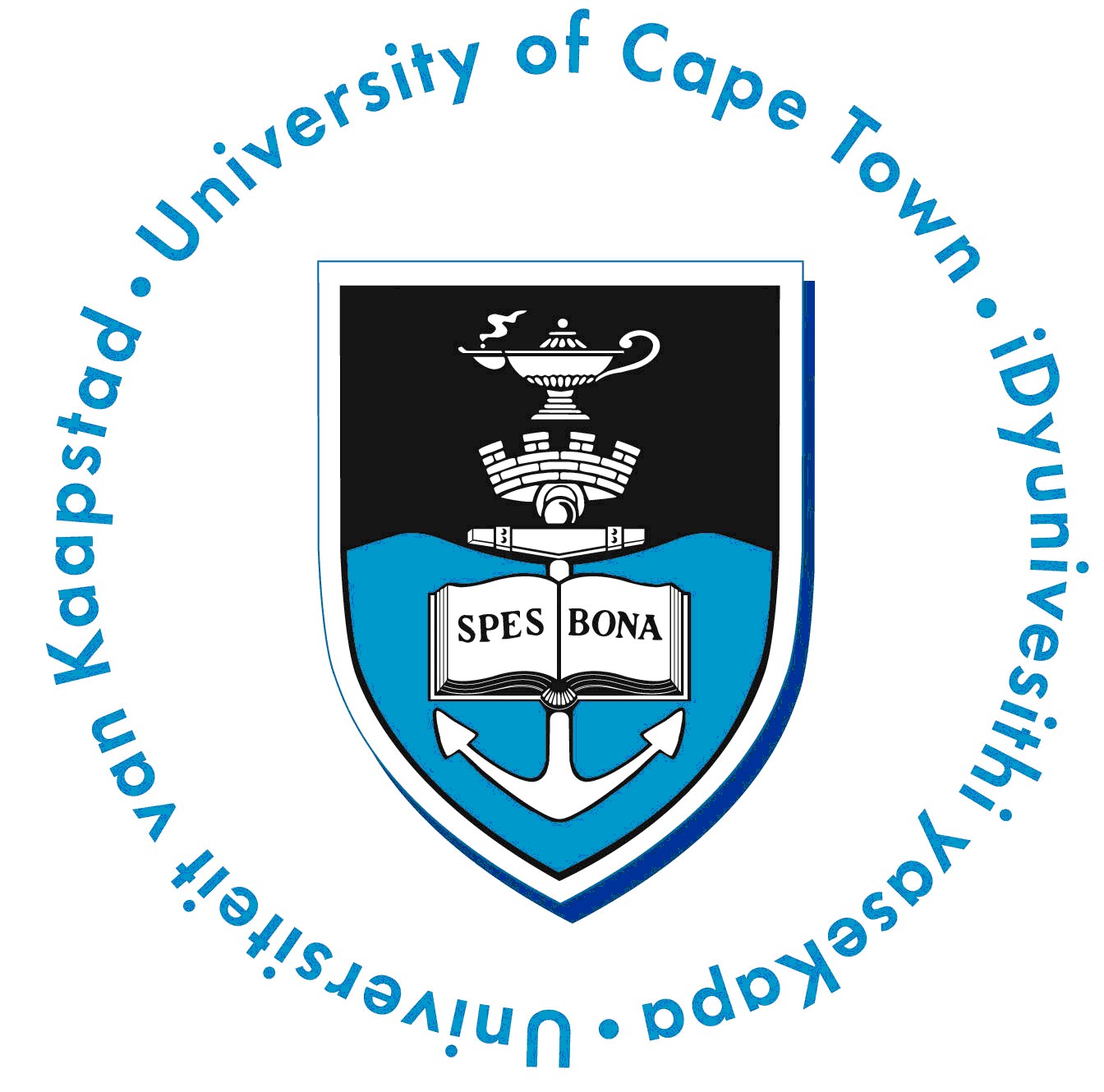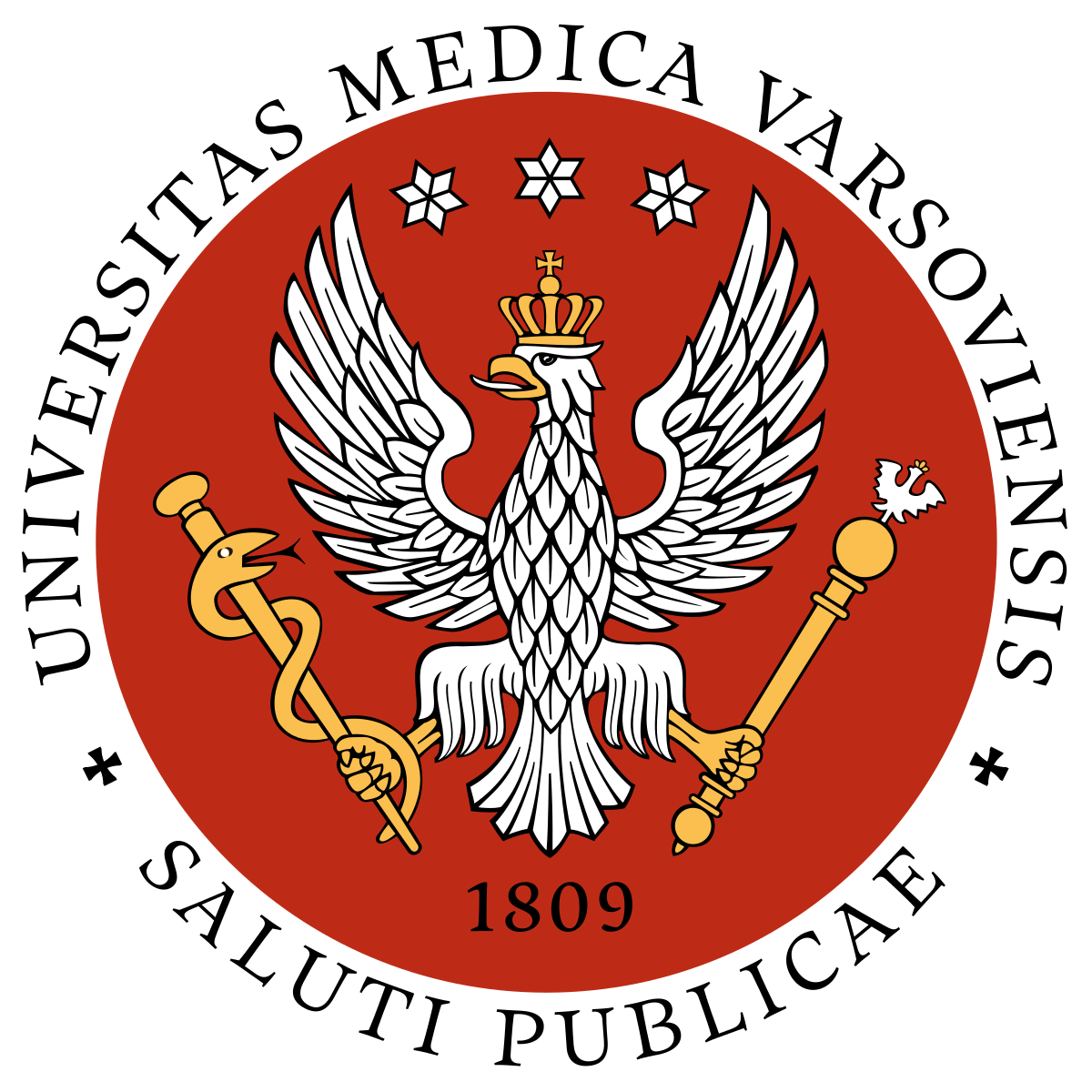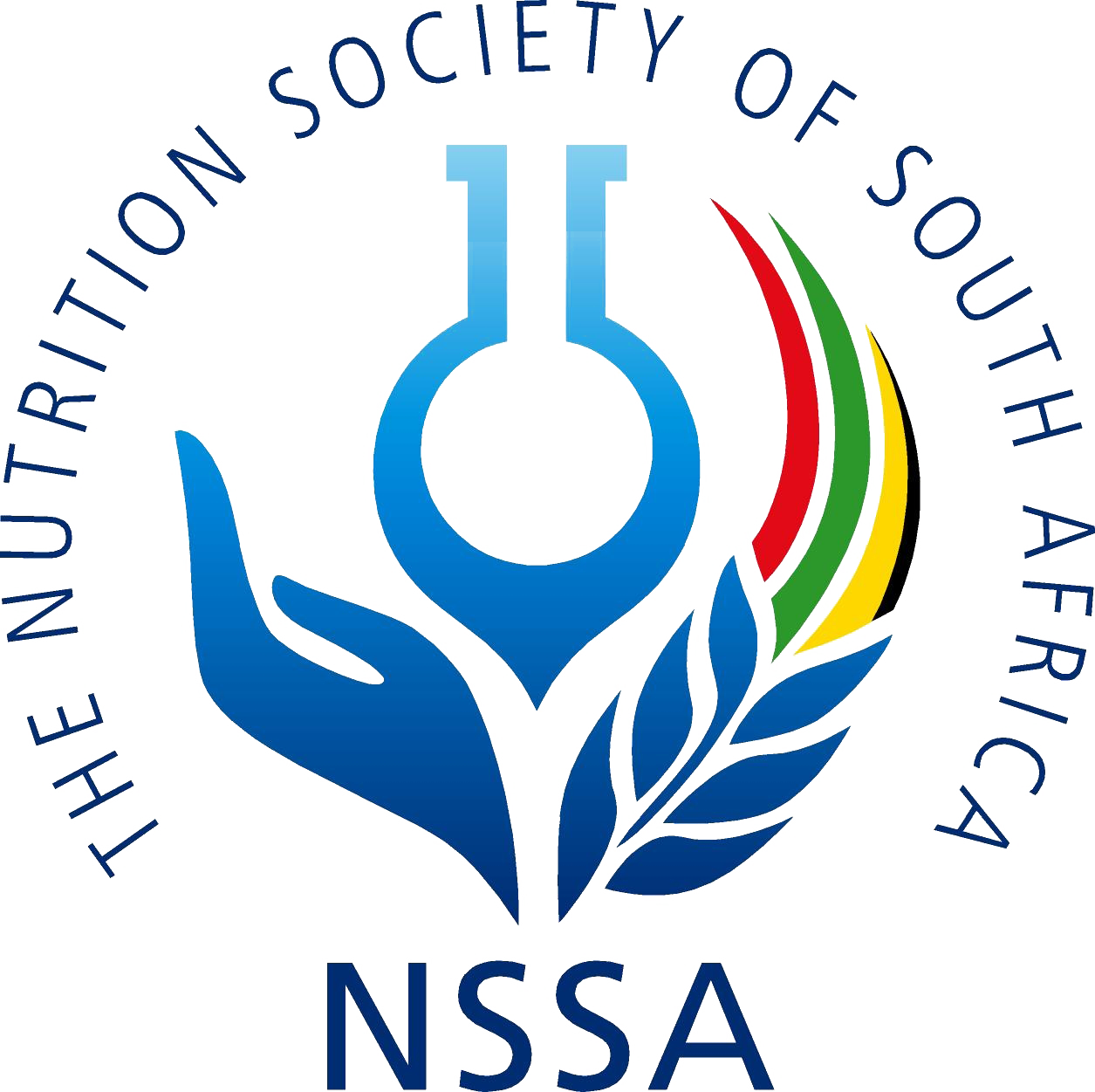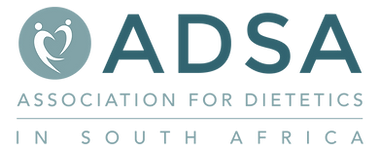Capacity Building to Improve Early Nutrition and Health in South Africa
The ImpENSA project is a multi-centre collaboration co-funded by the Erasmus+ Programme of the European Union. The project consists of a consortium of members from three European and three South African higher education institutions, and two South African health professional organisations:
-
Ludwig-Maximilians-Universität Munich, Germany
-
University of Southampton, United Kingdom
-
Medical University of Warsaw, Poland
-
North-West University, South Africa
-
Stellenbosch University, South Africa
-
University of Cape Town, South Africa
-
Association for Dietetics in South Africa
-
Nutrition Society of South Africa
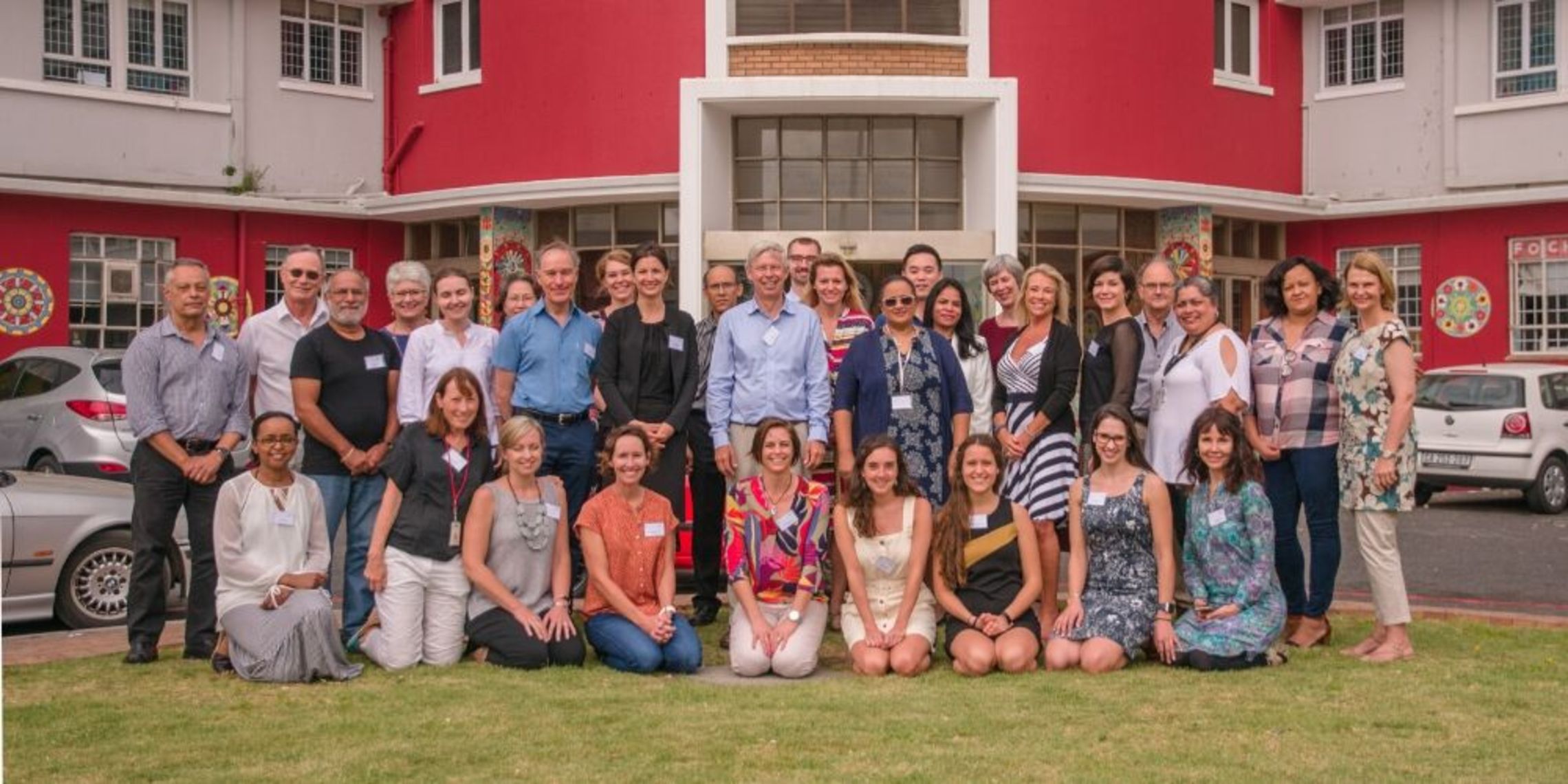
Erasmus+ Capacity Building Project
ImpENSA is funded by the European Union under Erasmus+ programme that supports projects in the field of education, training, youth and sport in Europe. The project number is 598488-EPP-1-2018-1-DE-EPPKA2-CBHE-JP.
For further details of Erasmus+ programme, please visit: https://eacea.ec.europa.eu/erasmus-plus_en
PROJECT DESCRIPTION
PARTNERS
RELATED RESOURCES
FREQUENTLY ASKED QUESTIONS
The first 1000 days of life refers to the period from conception until a child is two years old.
South Africa is grappling with a public health crisis in the form of a “triple burden of malnutrition” – the co-existence of micronutrient deficiencies, undernutrition and obesity. This has negative short- and long-term implications for children’s growth, health, wellbeing and development, as well as for the productivity of individuals, families, communities and the nation. The United Nations has identified the first 1 000 days of life as a crucial period to prevent growth faltering and optimise growth and development. The United Nations 2030 Agenda for Sustainable Development emphasises the central role of nutrition during this period to improve neurodevelopment, reduce stunting and malnutrition and prevent childhood obesity and non-communicable diseases.
ImpENSA will develop an innovative training course presented through blended learning to health care personnel in South Africa. The purpose of the training course is to improve the knowledge and skills of health care personnel regarding the nutrition of mothers and infants during the first 1 000 days. This will enable them to support families during this crucial time period.


